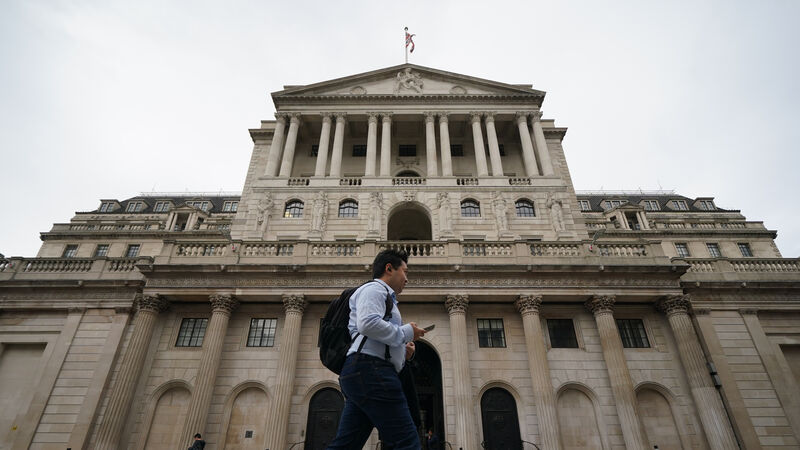Sterling falls against dollar and euro on 'dovish' UK rate hike

The Bank of England has raised interest rates by 50 basis points.
Sterling extended losses and UK government bonds rallied after the Bank of England slowed the pace of monetary tightening, which investors took as a sign that interest rates eventually may peak at a lower level than expected.
The currency fell as much as 1.1% against the dollar to $1.228 after the Bank of England raised interest rates by 50 basis points.














